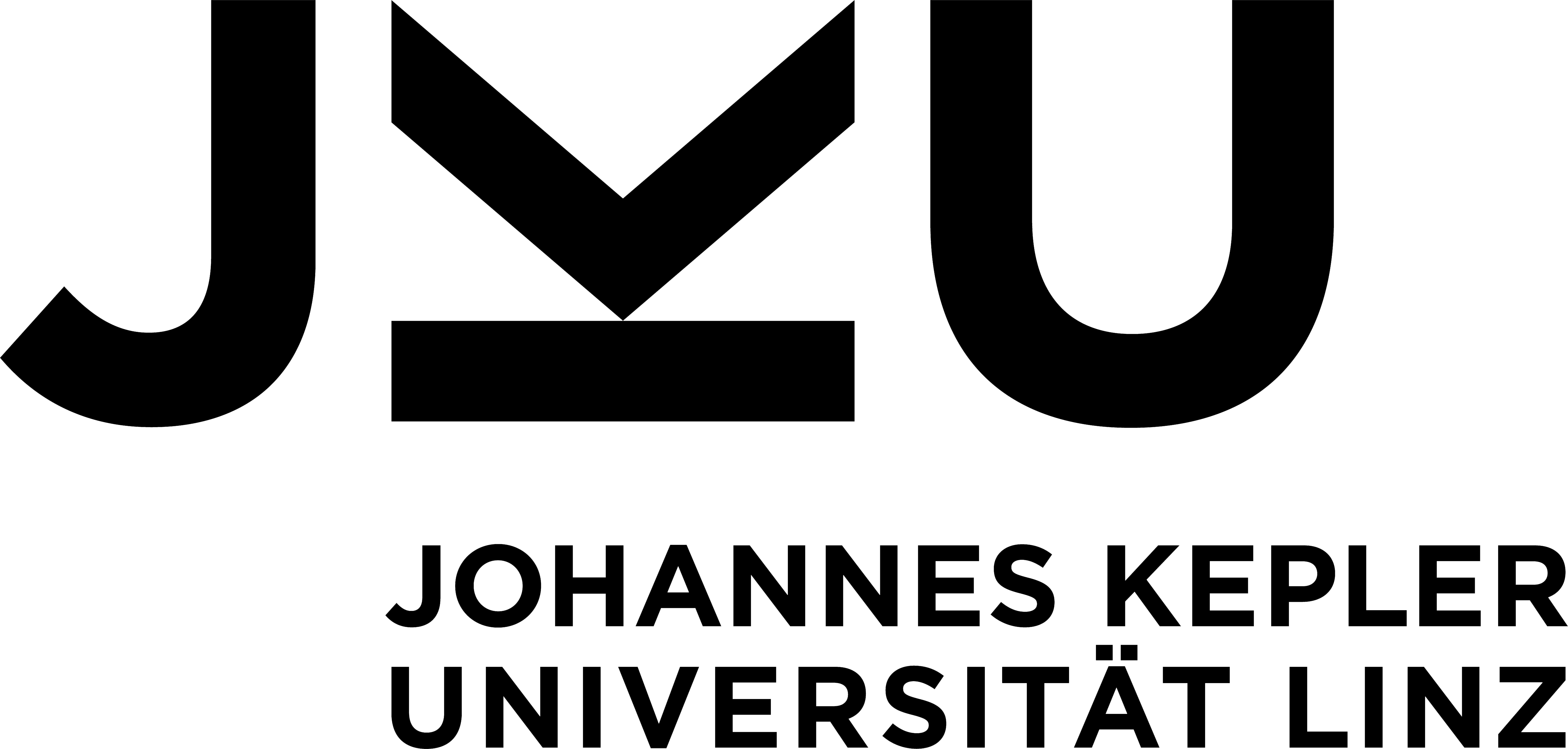Computer Science Colloquium
Djork-Arné Clevert
Johannes Kepler Universität
Rectified Factor Networks
Thu 07.05.2015, 17:15, 60 minutesS3-055 in Science Park 3
Abstract
Deep learning is currently one of the most hottest topics in machine learning. During this talk, we will introduce a new deep learning approach, namely, rectified factor networks (RFNs). RFNs are generative unsupervised models, which learn robust, very sparse, and non-linear codes with many code units. RFN learning is a variational expectation maximization (EM) algorithm with unknown prior which includes (i) rectified posterior means, (ii) normalized signals of hidden units, and (iii) dropout. Like factor analysis, RFNs explain the data variance by their parameters. For pretraining of deep networks on several benchmark datasets, e.g., MNIST, rectangle data, convex shapes, NORB, and CIFAR, RFNs were superior to restricted Boltzmann machines (RBMs) and denoising auto encoders.Bio
Djork-Arné Clevert, trained in Computer Science at TU Berlin, received his PhD in computational biology from the Charité Medical University Berlin in 2011. He was a senior scientist at the Institute of Bioinformatics at Johannes Kepler University from 2007 to 2013. During that time, he has been Co-PI in several large projects with pharma industry. After working for industry as senior data scientist at Zalando AG. Dr. Clevert became a post-doctoral researcher within a Marie Curie fellowship at Johannes Kepler University in 2014. While Dr. Clevert´s research has mainly been concerned with microarray data in earlier years, his research focus recently shifted to the analysis of big data sets with methods, such as, deep learning. Jointly with Prof. Hochreiter, Dr. Clevert is co-organizer of the Conference "Critical Assessment of Massive Data Analysis (CAMDA)".Invited by Univ.-Prof. Dr. Volker Strumpen, Institute for Computer Architecture
The Computer Science Colloquium is organized by the Department of Coputer Science at JKU, the Österreichische Gesellschaft für Informatik (ÖGI) and the Österreichische Computergesellschaft (OCG).
